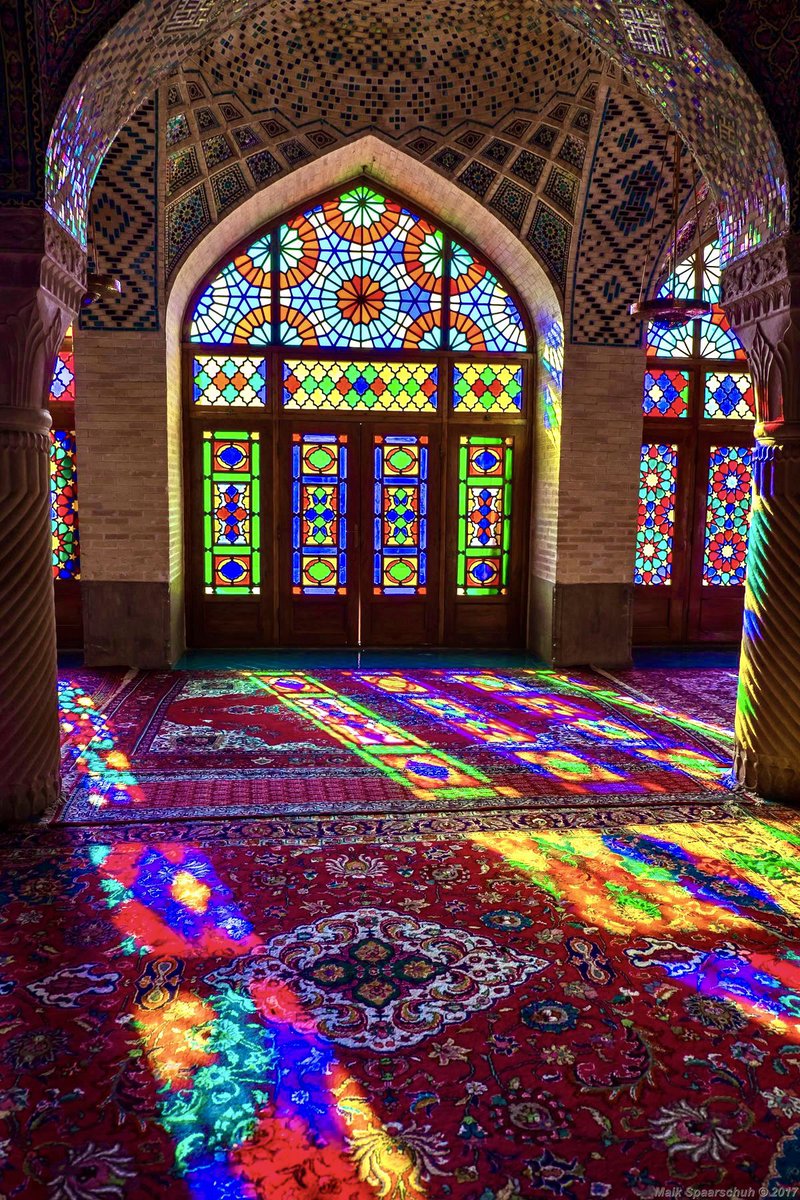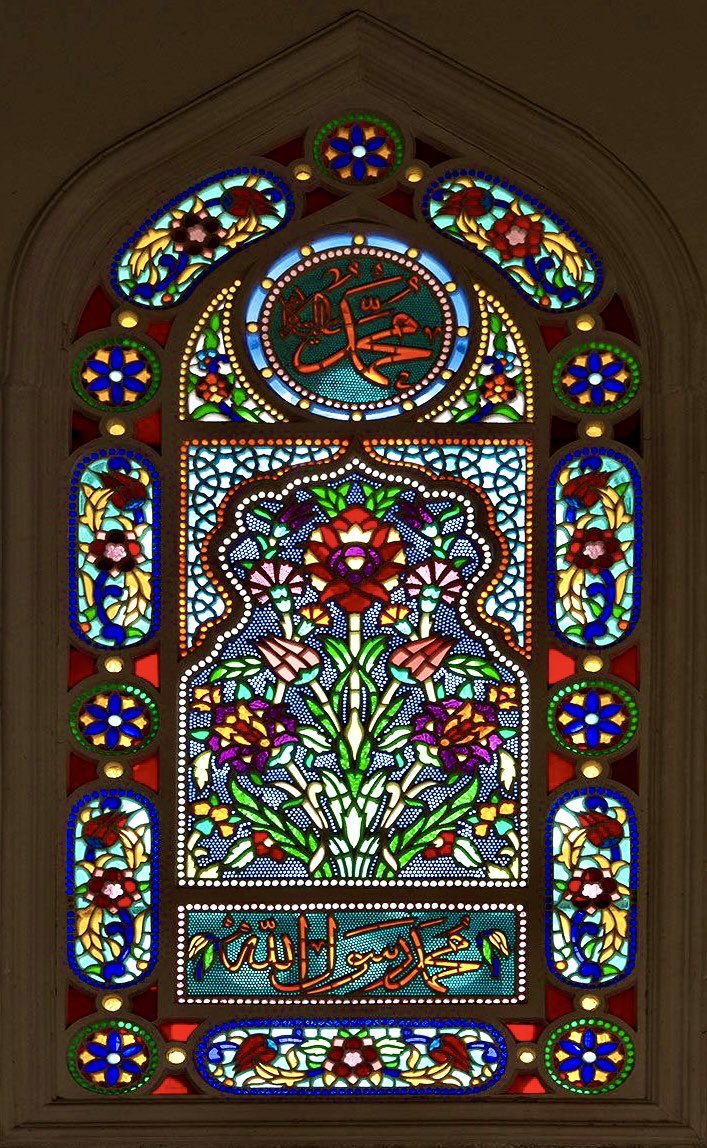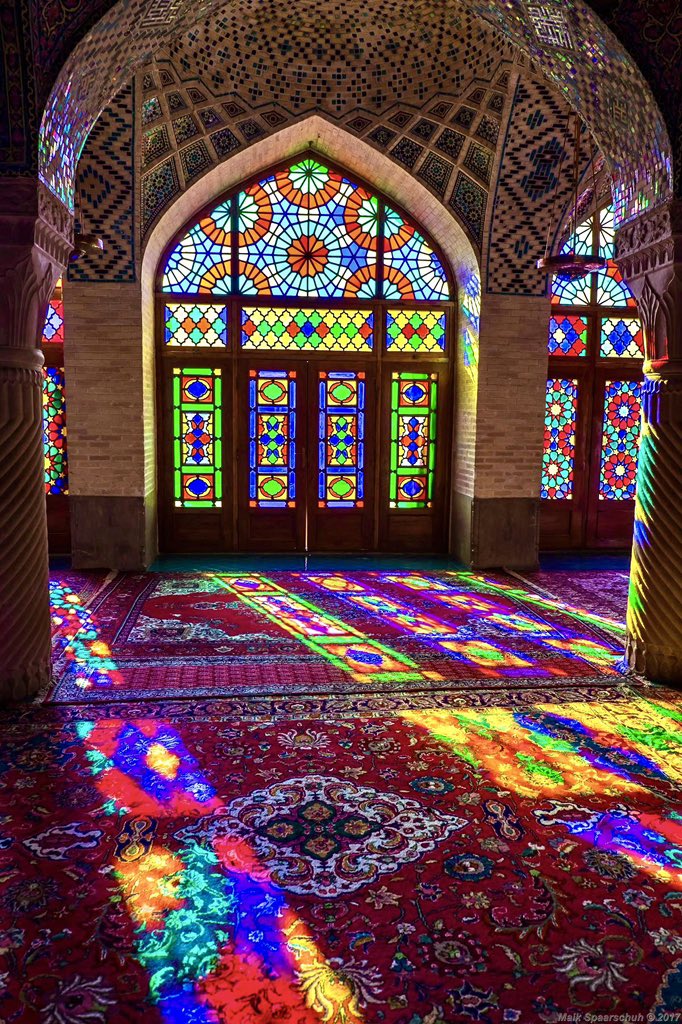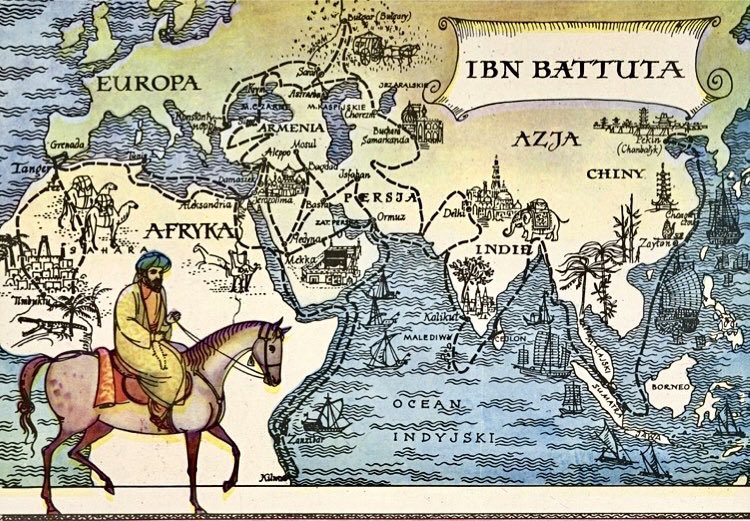Lebanese Poet Khalil Gibran (1883-1931) is renowned for ushering in a renaissance of modern Arabic literature. His work inspires people across the world, & is influenced by his Christian faith & the mysticism of Sufism
Here are 24 Khalil Gibran quotes #MondayMotivation
A thread
Here are 24 Khalil Gibran quotes #MondayMotivation
A thread

2/ ‘I have learned silence from the talkative, toleration from the intolerant, and kindness from the unkind; yet, strange, I am ungrateful to those teachers’
― Khalil Gibran
― Khalil Gibran

4/ ‘And ever has it been known that love knows not its own depth until the hour of separation’
― Khalil Gibran
― Khalil Gibran

6/ ‘Keep me away from the wisdom which does not cry, the philosophy which does not laugh and the greatness which does not bow before children’
― Khalil Gibran
― Khalil Gibran

7/ ‘Between what is said and not meant, and what is meant and not said, most of love is lost’
― Khalil Gibran
― Khalil Gibran

10/ ‘When you are sorrowful look again in your heart, and you shall see that in truth you are weeping for that which has been your delight’
― Khalil Gibran
― Khalil Gibran

12/ ‘Safeguarding the rights of others is the most noble and beautiful end of a human being’
― Khalil Gibran
― Khalil Gibran

13/ ‘Wisdom ceases to be wisdom when it becomes too proud to weep, too grave to laugh, and too selfish to seek other than itself’
― Khalil Gibran
― Khalil Gibran

15/ ‘If you love somebody, let them go, for if they return, they were always yours. And if they don't, they never were’
― Khalil Gibran
― Khalil Gibran

16/ ‘If you reveal your secrets to the wind, you should not blame the wind for revealing them to the trees’
― Khalil Gibran
― Khalil Gibran

18/ ‘You give but little when you give of your possessions. It is when you give of yourself that you truly give’
― Khalil Gibran
― Khalil Gibran

19/ ‘I prefer to be a dreamer among the humblest, with visions to be realized, than lord among those without dreams and desires’
― Khalil Gibran
― Khalil Gibran

21/ ‘One day you will ask me which is more important? My life or yours? I will say mine and you will walk away not knowing that you are my life’
― Khalil Gibran
― Khalil Gibran

24/ ‘You may forget with whom you laughed, but you will never forget with whom you wept’
― Khalil Gibran
― Khalil Gibran

• • •
Missing some Tweet in this thread? You can try to
force a refresh

































